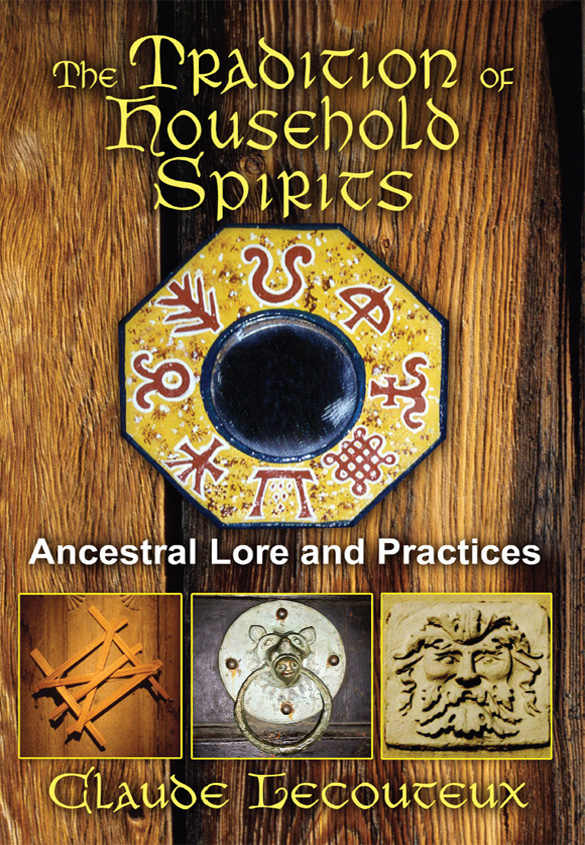

Most ebook files are in PDF format, so you can easily read them using various software such as Foxit Reader or directly on the Google Chrome browser.
Some ebook files are released by publishers in other formats such as .awz, .mobi, .epub, .fb2, etc. You may need to install specific software to read these formats on mobile/PC, such as Calibre.
Please read the tutorial at this link: https://ebookbell.com/faq
We offer FREE conversion to the popular formats you request; however, this may take some time. Therefore, right after payment, please email us, and we will try to provide the service as quickly as possible.
For some exceptional file formats or broken links (if any), please refrain from opening any disputes. Instead, email us first, and we will try to assist within a maximum of 6 hours.
EbookBell Team

4.0
76 reviews• Shares many tales of house spirits, from cajoling the local land spirit into becoming one’s house spirit to the good and bad luck bestowed by mischievous house elves
• Explains the meaning behind door and window placement, house orientation, horsehead gables, the fireplace or hearth, and the threshold
• Reveals the charms, chants, prayers, and building practices used by our ancestors to bestow happiness and prosperity upon their homes and their occupants
Why do we hang horseshoes for good luck or place wreaths on our doors? Why does the groom carry his new bride over the threshold? These customs represent the last vestiges from a long, rich history of honoring the spirits of our homes. They show that a house is more than a building: it is a living being with a body and soul.
Examining the extensive traditions surrounding houses from medieval times to the present, Claude Lecouteux reveals that, before we entered the current era of frequent moves and modular housing, moving largely from the countryside into cities, humanity had an extremely sacred relationship with their homes and all the spirits who lived there alongside them--from the spirit of the house itself to the mischievous elves, fairies, and imps who visited, invited or not. He shows how every aspect of constructing and keeping a house involved rites, ceremony, customs, and taboos to appease the spirits, including the choice of a building lot and the very materials with which it was built. Uncovering the lost meaning behind door and window placement, the hearth, and the threshold, Lecouteux shares many tales of house spirits, from the offerings used to cajole the local land spirit into becoming the domestic house spirit to the good and bad luck bestowed upon those who seek the help of the “Little Money Man.” He draws on studies and classic literature from old Europe--from Celtic lands
…